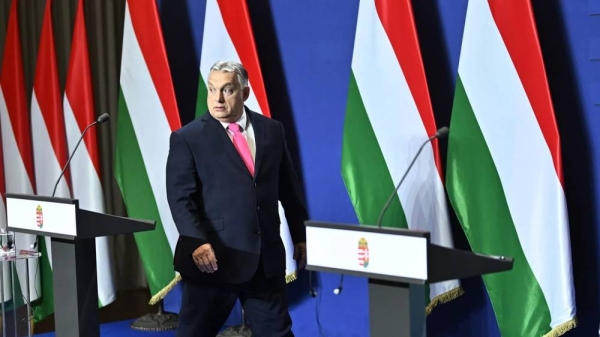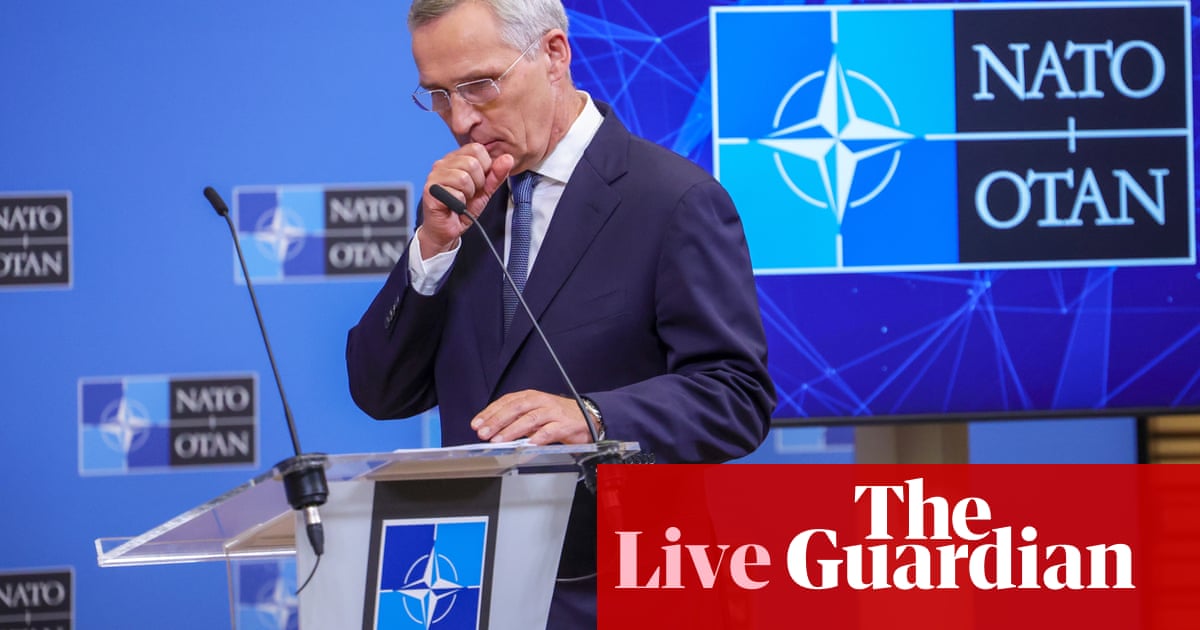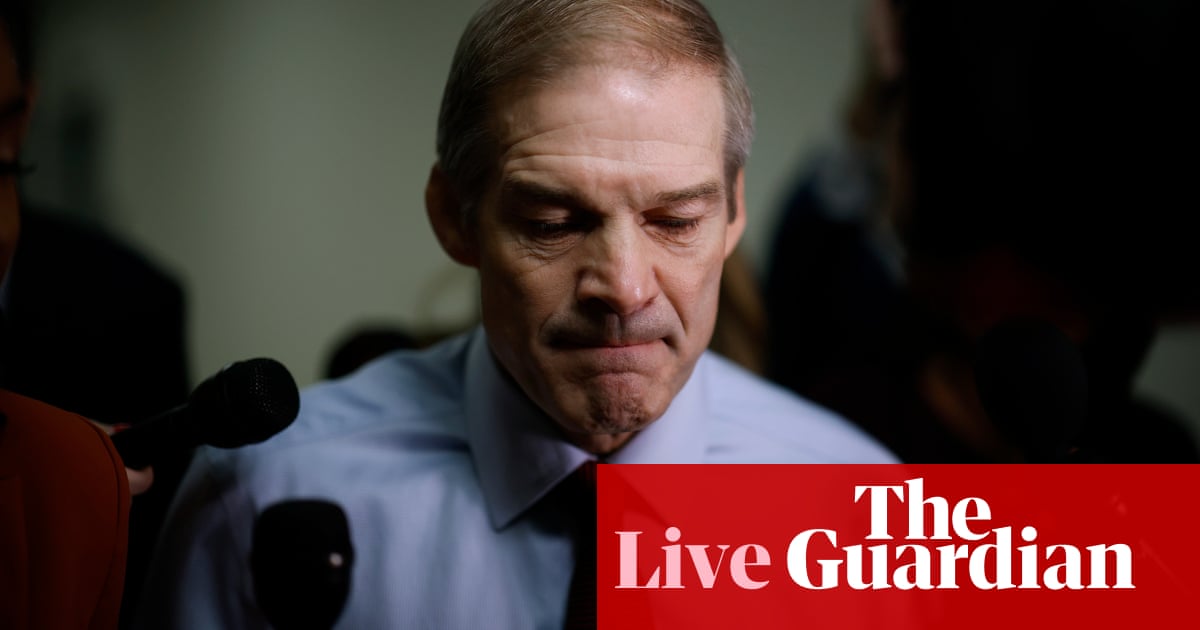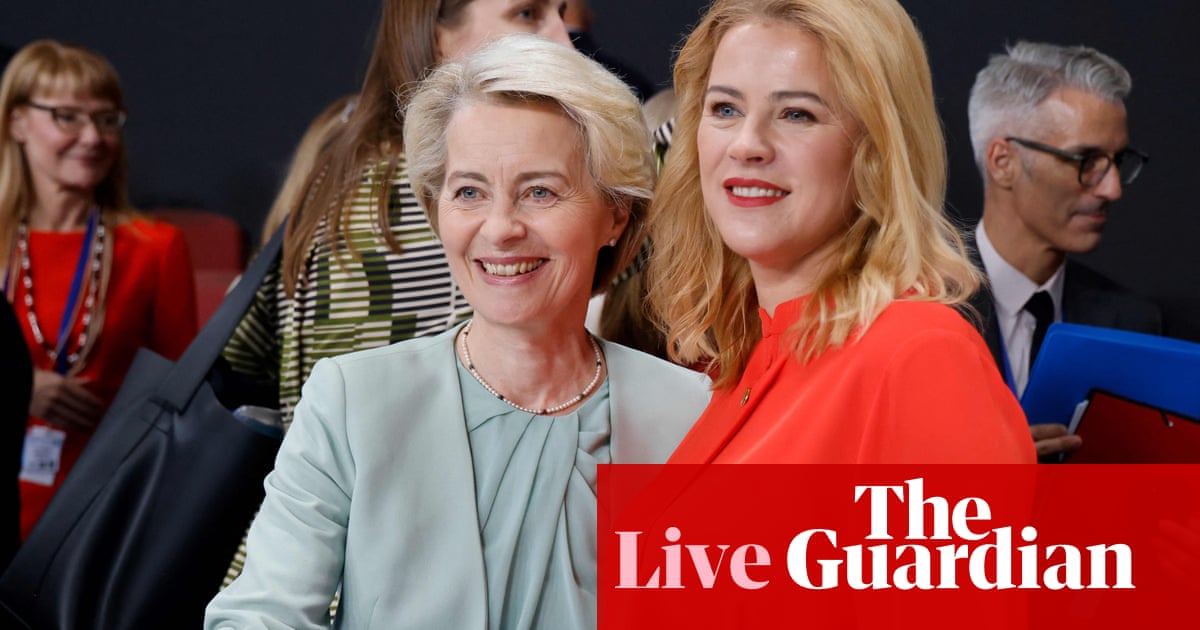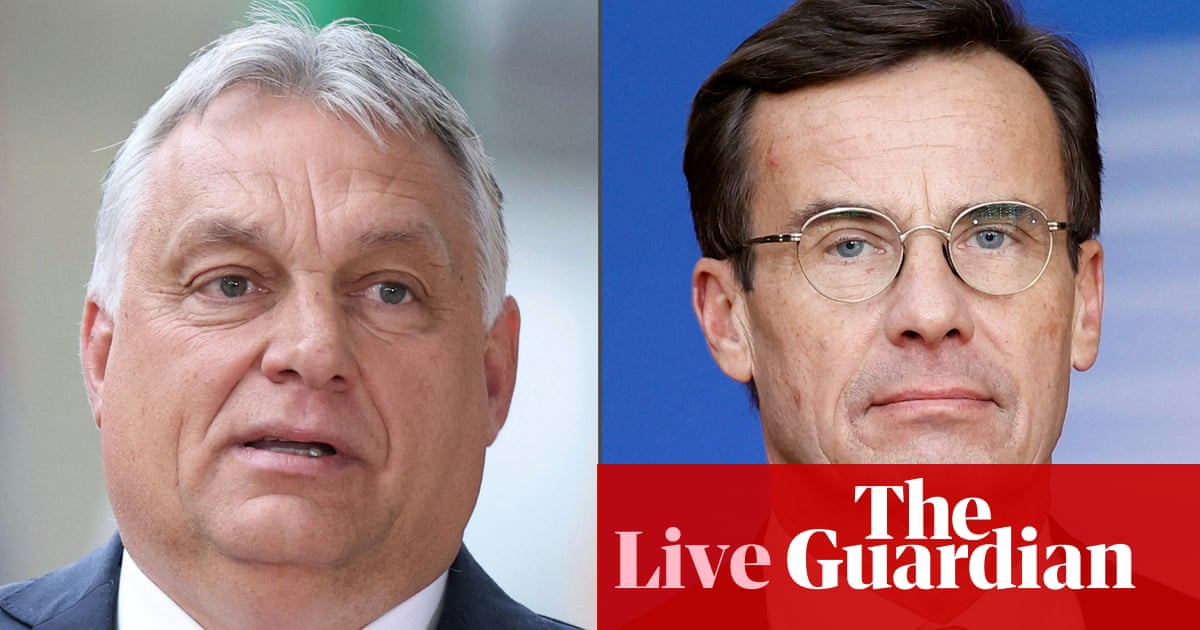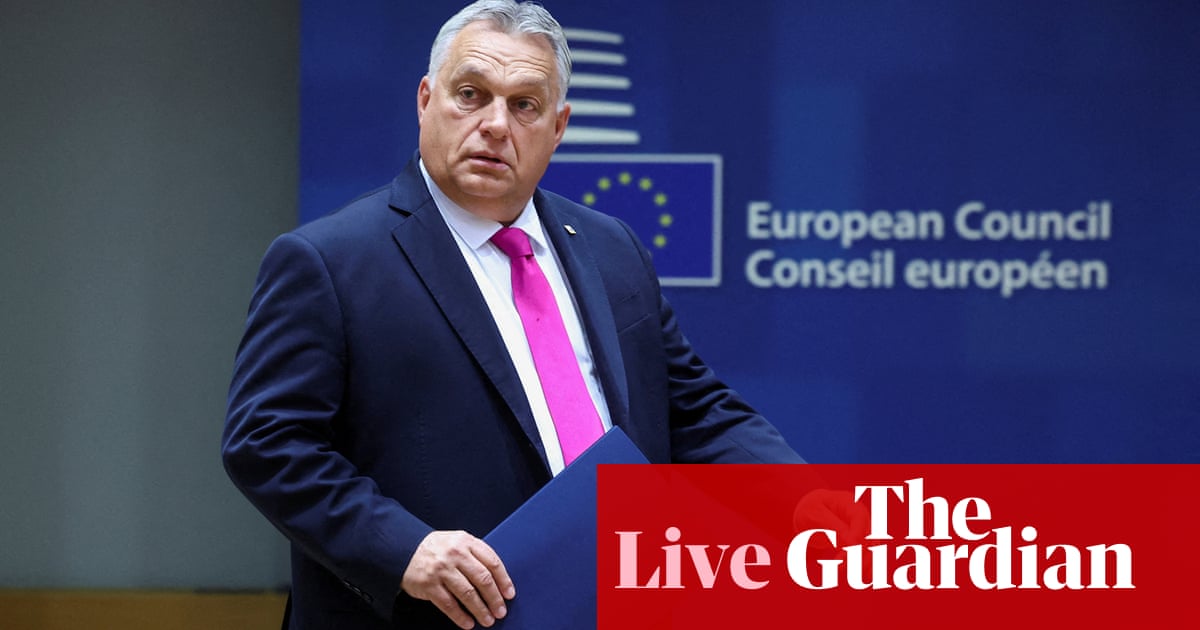
European Commission unlocks €10bn for Hungary, despite criticism from MEPs and experts
The European Commission today announced that it is unfreezing about €10bn earmarked for Hungary – about a third of the total amount suspended over a host of rule of law-related concerns.
The commission argued that Hungary has fulfilled a set of judiciary reforms and thus deserves access to access part of the funding on merit.
In a statement, the commission said:
After a thorough assessment, and several exchanges with the Hungarian government, the Commission considers that Hungary has taken the measures it committed to take in order for the Commission to consider that the horizontal enabling condition on the EU Charter of Fundamental Rights is fulfilled in what concerns judicial independence.
This means part of the Cohesion Policy funding would no longer be blocked, and therefore Hungary may start claiming reimbursements of up to around €10.2bn.
Tibor Navracsics, Hungary’s regional development minister, told the Guardian:
We have fulfilled all the conditions, so we are very confident that EU funds will now come.
Nevertheless, the decision is proving highly controversial.
Hungarian civil society groups who monitor judicial independence say the government hasn’t fully met the criteria. And a group of four political groups in the European parliament – including the centre-right European People’s party and the Socialists and Democrats – also expressed concern in a letter to the commission’s president, Ursula von der Leyen, today.
Critics of the commission’s move say there is a perception that unlocking the funds was rushed in order to help convince the Hungarian prime minister, Viktor Orbán, to lift his block on key Ukraine-related decisions that leaders had planned to take at a summit that begins tomorrow.
Reacting to the Wednesday afternoon decision, the German Green MEP Daniel Freund said in a statement:
By releasing €10bn to Orbán, von der Leyen is making the biggest mistake of her time in office.
The necessary reforms have not been implemented. However, the timing of the release only allows the conclusion that this was not about judicial reforms. Instead, the €10bn was intended to remove Orbán’s veto. There was no obligation to respond to Hungary’s request before the summit.
Ursula von der Leyen is now paying the largest bribe in the history of the EU – – – to the autocrat and Putin friend Viktor Orbán. The signal is fatal: the EU Commission is showing today that Viktor Orbán’s blackmail tactics are paying off.
In its statement explaining the decision, the Commission said it “will closely and continuously monitor” the measures Hungary put in place. It also warned:
If, at any point in time, the Commission considers that this horizontal enabling condition is no longer fulfilled, it may again decide to block funding.
Summary of the day
The Hungarian prime minister, Viktor Orbán, reiterated his position that Ukrainian membership of the EU should not be on the agenda.
Kyiv has increased pressure on the EU to open accession talks, with Volodymyr Zelenskiy’s most senior adviser warning that without his country “the ‘Europe puzzle’ cannot come together”.
Ahead of a challenging leaders’ summit, the European Council president, Charles Michel, told heads of state and government they should come to Brussels with a “spirit of compromise” and “sense of collective responsibility”.
Michel met Orbán in Brussels. The Hungarian leader said “our position is clear: we do not support Ukraine’s fast Union accession.”
The leaders of major political groups in the European parliament sent a letter to Ursula von der Leyen, the European Commission president, outlining their objections to unfreezing EU funds for Hungary.
The European Commission then announced it was unfreezing about €10bn earmarked for Hungary – about a third of the total amount suspended over a host of concerns related to rule of law.
Tibor Navracsics, Hungary’s regional development minister, said: “We have fulfilled all the conditions, so we are very confident that EU funds will now come.”
The German Green MEP Daniel Freund said that by releasing the money, “von der Leyen is making the biggest mistake of her time in office”.
The Finnish MEP Petri Sarvamaa, the centre-right European People’s Party group’s spokesperson for budget issues, said “it really seems like Orbán’s blackmailing has succeeded”.
Iratxe García Pérez, the head of the Socialists and Democrats group in the European parliament, said “unblocking funds for Orbán is a serious mistake”.
Ten independent Hungarian media outlets warned that a new “sovereignty” law is “capable of severely restricting the freedom of the press”.
The far-right party Konfederacja’s group in the Polish parliament suspended Grzegorz Braun, who yesterday stoked controversy at home and abroad after he used a fire extinguisher to put out Hanukkah candles.
British, German, Italian and 10 other foreign affairs committees called on the EU to lift all sanctions on Kosovo.
Donald Tusk told Polish reporters there would likely be an interaction with Volodymyr Zelenskiy tomorrow but it was not yet clear if it would be by video or in person.
The Ukrainian side has requested a meeting tomorrow morning, the Polish leader said, noting that there is not decision yet on the format of the Ukrainian leader’s participation.
Unblocking Hungarian funds "serious mistake," Socialist leader says
Iratxe García Pérez, the head of the Socialists and Democrats group in the European parliament, said this evening that “unblocking funds for Orbán is a serious mistake” by the European Commission president, Ursula von der Leyen.
“Despite the promise of reform, the judiciary in Hungary is not independent,” she said.
"Catastrophical": Centre-right blasts European Commission decision on Hungary
The Finnish MEP Petri Sarvamaa, the centre-right European People’s Party group’s spokesperson for budget issues, called the European Commission’s move today to unlock around €10bn for Hungary a “catastrophical decision”.
He said:
How can the commission evaluate something that is yet to exist?
As the members to the national judicial council have not even been named, there is no way of knowing its impact on the rule of law situation in Hungary.
Amongst the members of the budgetary control committee, we appealed to the commission already in November and encouraged them to wait out the entire process to establish the national judicial council.
It really seems like Orbán’s blackmailing has succeeded.
I decline to believe that the terrible timing of this decision was merely a bad coincidence, especially considering that we know how Orbán intends to hold the other 26 member states as hostages in the European Council later this week.
Tusk returns to the Council
Poland’s new prime minister, Donald Tusk, has urged people to reconsider their views on Viktor Orbán’s threat to block further support for Ukraine.
“Apathy” on Ukraine is “unacceptable,” he said, returning to an EU summit for the first time in years, adding that he would try to convince some member states.
“I will try to find maybe a new key to convince not only Mr Orbán,” he said. “Orbán is a very pragmatic politician.”
Tusk was president of the European Council between 2014 and 2019 and helped steered the difficult Brexit process to its conclusion.
One diplomat said: “His presence in the room will be seen as a positive … and the fact that he is so well known will create a sense of an old friend coming back.”
Michel meets Orbán ahead of tense summit
The European Council president, Charles Michel, met Viktor Orbán today as leaders try to convince the Hungarian prime minister not to block the opening of EU accession talks with Kyiv.
In a Facebook post about the session with Michel, Orbán said:
Our position is clear: we do not support Ukraine’s fast Union accession!
European Commission unlocks €10bn for Hungary, despite criticism from MEPs and experts
The European Commission today announced that it is unfreezing about €10bn earmarked for Hungary – about a third of the total amount suspended over a host of rule of law-related concerns.
The commission argued that Hungary has fulfilled a set of judiciary reforms and thus deserves access to access part of the funding on merit.
In a statement, the commission said:
After a thorough assessment, and several exchanges with the Hungarian government, the Commission considers that Hungary has taken the measures it committed to take in order for the Commission to consider that the horizontal enabling condition on the EU Charter of Fundamental Rights is fulfilled in what concerns judicial independence.
This means part of the Cohesion Policy funding would no longer be blocked, and therefore Hungary may start claiming reimbursements of up to around €10.2bn.
Tibor Navracsics, Hungary’s regional development minister, told the Guardian:
We have fulfilled all the conditions, so we are very confident that EU funds will now come.
Nevertheless, the decision is proving highly controversial.
Hungarian civil society groups who monitor judicial independence say the government hasn’t fully met the criteria. And a group of four political groups in the European parliament – including the centre-right European People’s party and the Socialists and Democrats – also expressed concern in a letter to the commission’s president, Ursula von der Leyen, today.
Critics of the commission’s move say there is a perception that unlocking the funds was rushed in order to help convince the Hungarian prime minister, Viktor Orbán, to lift his block on key Ukraine-related decisions that leaders had planned to take at a summit that begins tomorrow.
Reacting to the Wednesday afternoon decision, the German Green MEP Daniel Freund said in a statement:
By releasing €10bn to Orbán, von der Leyen is making the biggest mistake of her time in office.
The necessary reforms have not been implemented. However, the timing of the release only allows the conclusion that this was not about judicial reforms. Instead, the €10bn was intended to remove Orbán’s veto. There was no obligation to respond to Hungary’s request before the summit.
Ursula von der Leyen is now paying the largest bribe in the history of the EU – – – to the autocrat and Putin friend Viktor Orbán. The signal is fatal: the EU Commission is showing today that Viktor Orbán’s blackmail tactics are paying off.
In its statement explaining the decision, the Commission said it “will closely and continuously monitor” the measures Hungary put in place. It also warned:
If, at any point in time, the Commission considers that this horizontal enabling condition is no longer fulfilled, it may again decide to block funding.
The Belgian prime minister, Alexander De Croo, has warned Viktor Orbán that the EU is not a “Hungarian bazaar” where support for Ukraine can be bartered in exchange for his political support.
Speaking upon arrival at the summit on the western Balkans, he chimed with Luxembourg’s deputy prime minister, Xavier Bettel, who said yesterday the EU was not a “souk”.
The European parliament president, Roberta Metsola, has urged EU leaders to show strong solidarity to Ukraine’s enlargement hopes in the face of opposition from Hungary’s Viktor Orbán to opening membership negotiations with Kyiv.
“Our hope today is that we do not continue to go around in circles,” she said.
Speaking ahead of the EU-western Balkans summit, the EU foreign policy chief, Josep Borrell said: “We live in a difficult, challenging and dangerous environment, and this affects the European Union, this affects our neighbourhood, and this affects the western Balkans.”
Enlargement must “speed up”, he said.
Borrell said the bloc would provide additional funding to strengthen the resilience of North Macedonia, Albania and Montenegro.
Arriving at the EU-western Balkans summit in Brussels this afternoon, the European Council president, Charles Michel, said it was an “occasion to reiterate our firm commitment”.
He added:
We want those countries within the EU. We are expecting from them more reforms – especially in the field of rule of law, in the field of the independence of justice. But on our side, on the EU side, we must also do our homework.
Far-right Polish party suspends MP who used fire extinguisher to put out Hanukkah candles
The far-right party Konfederacja’s group in the Polish parliament announced that it is suspending Grzegorz Braun, who yesterday stoked controversy at home and abroad after he used a fire extinguisher to put out Hanukkah candles in the parliament building.
Michael McFaul, an academic and former US ambassador to Russia, wrote on social media:
“Maybe it’s time for Orban to start negotiations over Hungary leaving the European Union and joining the Eurasia Economic Union? See how that goes down with Hungarian voters?”
Finland’s ministerial committee on EU affairs has outlined the country’s position ahead of the upcoming summit, taking a supportive position on opening accession talks with Ukraine and raising concerns about proposed budget changes.
With regard to enlargement, Finland’s view is that enlargement based on the applicant countries’ merits and fulfilment of membership criteria strengthens the union’s security, global status and economic wellbeing while also promoting democracy, the rule of law and the realisation of fundamental rights.
Finland agrees with the commission’s recommendation to open accession negotiations with Ukraine and Moldova and to adopt the negotiating frameworks once the remaining conditions are met.
On the proposed revision of the bloc’s long-term budget, which covers 2021-27, the Finnish committee said:
Finland’s view is that the total amount of additional funding is too high.
Instead, Finland stresses the need to increase the amount of reallocations within the budget from current EU funds.
Finland is strongly committed to supporting Ukraine and is open to various funding solutions.
The full text of the four European parliament political groups’ letter on Hungary has been published.




